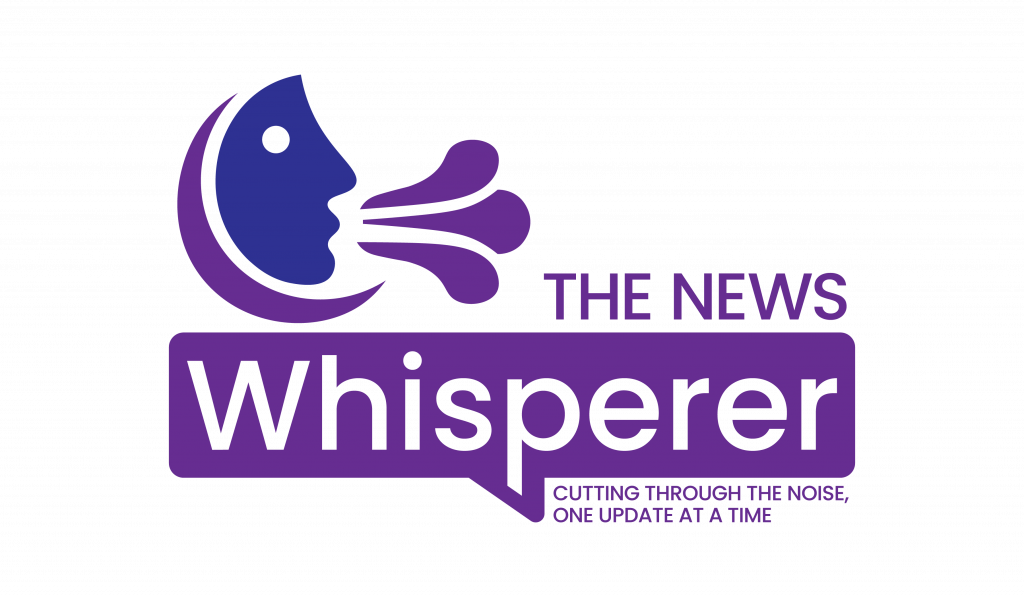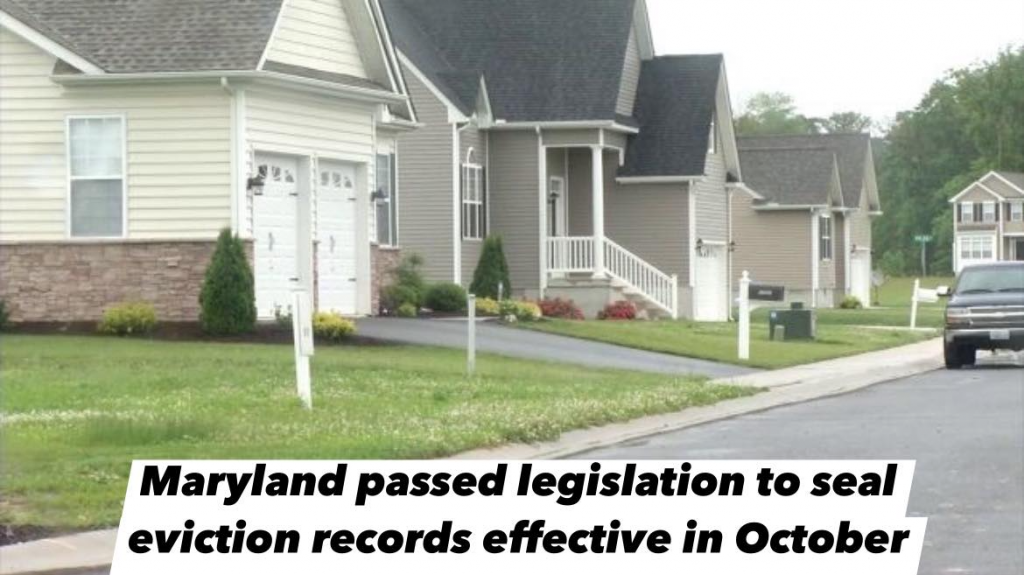Under the new law, courts must shield eviction records within 60 days of a resolution where the tenant does not lose possession of their home. This is part of a growing national debate on whether eviction records should be kept private to help tenants secure new housing opportunities.
Matt Pipken, Government and Community Affairs Manager at the Maryland Multi-Housing Association (MMHA), highlights that this issue gained prominence during the pandemic. “It stems from the COVID years when there was a significant concern about mass evictions and the potential long-term impact on people’s ability to rent.”
Eviction filings are now over 50% higher than pre-pandemic levels. Bibi Barnes, Housing Attorney at Shore Legal Access, believes this new law helps balance the power between landlords and tenants. “Even if a tenant wasn’t evicted, the fact that they were sued can still show up as a dismissal, which can be prejudicial.”
MMHA, which works with landlords and managers representing over 210,000 rental units across the state, aims to create fairness. Pipken adds, “There was room for compromise. Our landlords want responsible tenants and are open to giving second chances.”
Barnes, meanwhile, urges tenants to seek legal representation, noting that landlords are far more likely to have legal support in court. “Having an advocate makes a huge difference, as many tenants and landlords are unaware of tenants’ rights. Without representation, tenants are more vulnerable, and landlords often win by default due to a tenant’s absence in court.”
Barnes encourages tenants to confront legal challenges with landlords, fight their cases, and avoid default judgments.
- Follow or share

